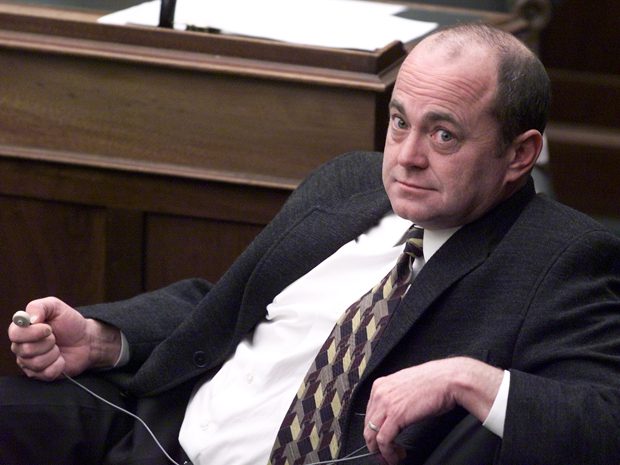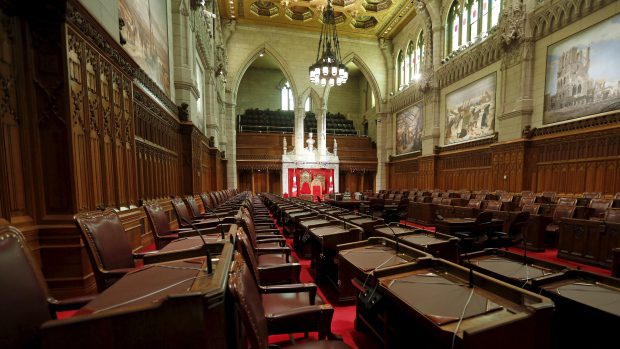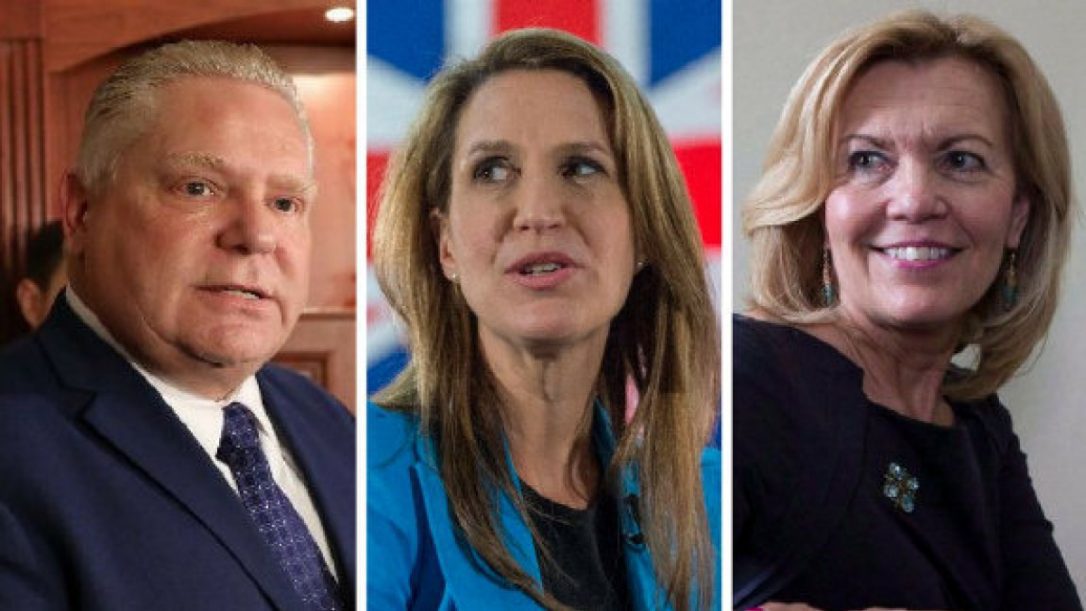Former Ontario MPP Chris Stockwell, who died at age 60 after a battle with cancer, was a political maverick who loved to speak his mind
Whenever I go to the Ontario legislature, I make a point of stopping at Chris Stockwell's official portrait.
It always brings a smile to my face when I see it. For all the people who've served as Speaker of the legislative assembly of Ontario, he was the most unconventional and remarkable choice by a long shot.
Stockwell followed in the footsteps of his father, Bill, and served in Etobicoke city council and Metro Toronto council in the 1980s. He was a two-term Progressive Conservative MPP (member of provincial parliament) for the riding of Etobicoke West (1990-1999), and a one-term MPP for Etobicoke Centre (1999-2003), before announcing his retirement from politics. He became a political consultant and radio/TV pundit, and attempted two unsuccessful comebacks in municipal politics.
A red Tory, or left-leaning conservative, by political persuasion, he loved to debate issues with just about everyone. He was a "thorn in the side" of the Ontario NDP government under then-premier Bob Rae, as Toronto Star columnist Robert Benzie wrote on Feb. 12, and would critique his fellow Conservatives if deemed necessary.
These exchanges were never mean-spirited or personal. It was just a discussion of different viewpoints, a little bit of bantering, agreeing to disagree, and heading out for a beer or meal afterward. That's the kind of person he was.
Stockwell's passing last Sunday after a valiant battle with cancer was far too sudden and came far too soon at the age of 60. It was a shock to many people who knew him, including me.
We had been friends for years, having first met when I briefly worked for Ontario PC MPP Jim Brown in 1997 and 1998. I occasionally visited the Speaker's office, where he would chat with me (and others) about the comings and goings of provincial politics.
To believe that Stockwell, a political maverick who loved to speak his mind, was once the voice of reason in the Ontario legislature amused many people, including himself. He decided to seek the Speaker's chair after being denied a cabinet post by then-premier Mike Harris in 1995. He earned significant support from all three major parties and thoroughly enjoyed this unexpected political role between 1996 and 1999.
As former PC leader Tim Hudak nicely put it on his Facebook page, he "was an extraordinary Speaker you couldn't get anything by him because he had broken every rule himself many times as one of the legislature's true rebels."
Stockwell's rocky relationship with Harris settled down, and he served as his minister of Labour from 1999 to 2002. He also served Ernie Eves's government as minister of Environment and Energy in 2002, and retained the former ministerial portfolio (after the two were split) until June 2003. He did a good job in two political roles that are usually viewed as anathema by most Canadian conservative politicians.
Indeed, he was a bright, passionate individual who often provided a sense of whimsy and light-heartedness in a polarized political environment. But there was no question he strongly preferred being an active participant to a mere bystander with an imaginary referee's whistle.
What will I remember most about Stockwell?
His quick wit, sense of humour, kindness, exuberant personality, powerful banter and thought-provoking ideas.
Above all, I'll remember the fun conversations we had on politics, history and sports. This included up to a few days ago, when he sent a direct message on Twitter to let me know Doug Ford was going to run for Ontario PC leader. (If you look at his Twitter account, @cstockwell_s, his last retweet and second-last tweet include a familiar face.)
It won't be easy seeing his official portrait again at the Pink Palace. But I know that I'll be smiling, like I always do, for this good-hearted soul who was a breath of fresh air in the often-stale world of Canadian politics.
Rest in peace, old friend.
Troy Media columnist and political commentator Michael Taube is also a Washington Times contributor, Canadian Jewish News columnist, and radio and TV pundit. He was also a speechwriter for former Prime Minister Stephen Harper.










